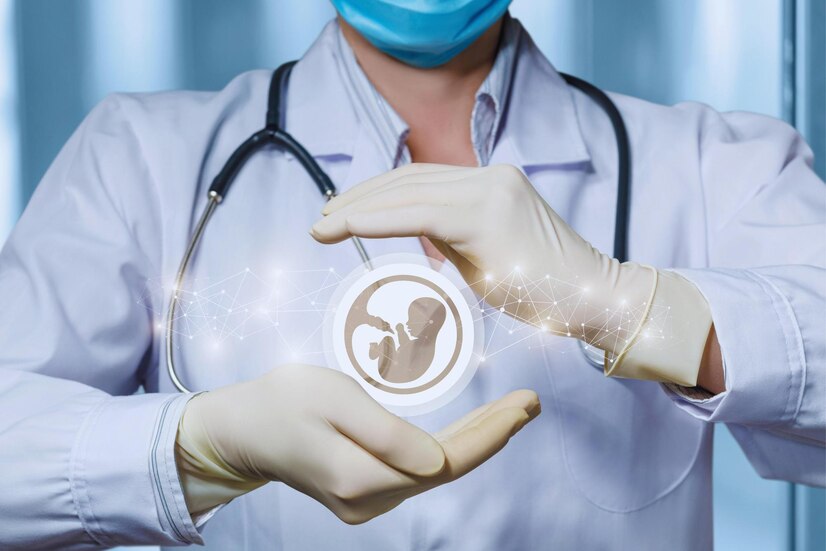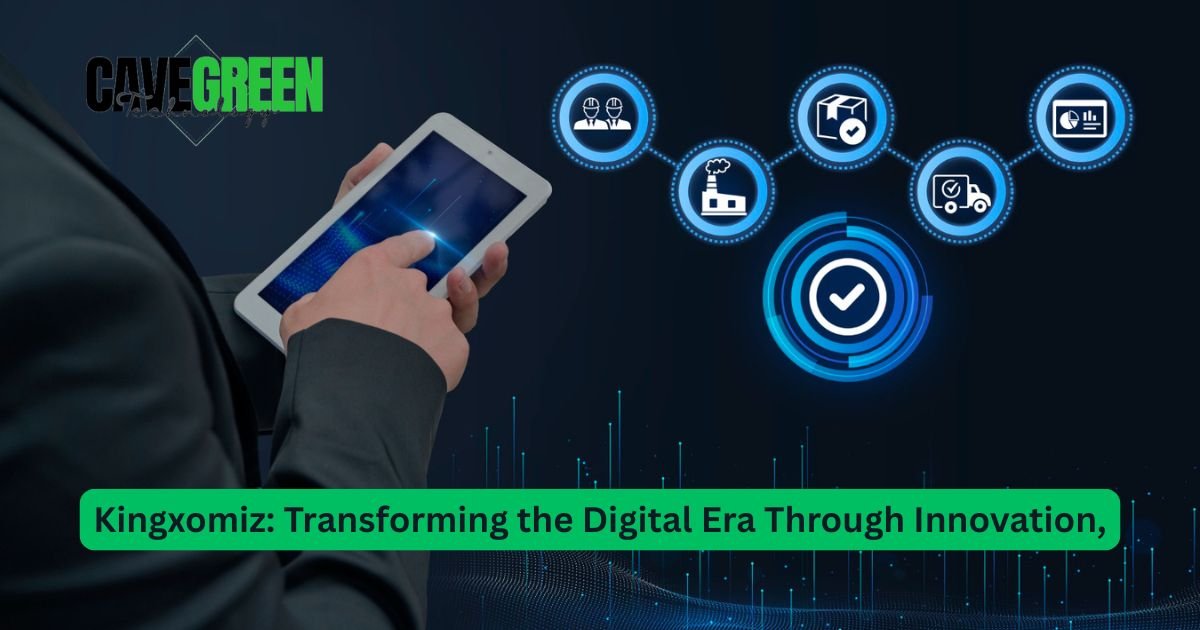Embryo donation has become one of the most promising methods for those couples who have been facing the issue of infertility and combining the best, both in terms of human qualities and modern technologies. When we are going to discuss more details of this process, it is appropriate to mention the significance of this process in people’s lives. However, a question may arise about what embryo donation actually is? In its most basic sense, it refers to the process of giving away embryos that have not been used by one couple for their IVF procedures to another person or couple. This even provides a shot at parenthood as well as a revival of the possibility that is locked in these little, preserved beings.
The Transformation of Embryo Donation: A New Era in Fertility Solutions
The available literature indicates that the safety and efficiency of embryo transfers have been greatly improved by the recent developments in medical technologies. New advanced genetic diagnostic techniques have made it possible for embryologists to choose the best embryos that have the potential of implantation and therefore improved pregnancy outcome and reduced incidences of genetic disorders. Also, enhancements in freezing methods have boosted the durability of the embryonic cells, thus guaranteeing their health before they are transplanted.
The emotional and ethical dimensions of embryo donation adoption also merit attention.Similarly, on the side of the donors, it may be a difficult decision to make but the feeling of helping others by giving them embryos is rewarding. While the receivers may feel a bit of gratitude and responsibility at the same time as they would want to value the rare privilege they have been granted. This dynamic of emotions connecting the donor, recipient, and child makes it clear that the issue of counseling should be approached comprehensively and carried out during the entire process of donation, to be prepared for such emotions in advance.
Ethical Considerations and Legal Frameworks
Embryo donation is shrouded in ethical issues and legal regulation, and the provisions in this regard differ from country to country. Ethically the key issues of the debate are typically based on the rights of the embryo as well as rights of the donor as compared to rights of the recipient. These ethical issues are important for the future givers and receivers to know about to make appropriate decisions based on the personal and legal beliefs.
On the legal side, the situation is no less complicated. In some areas, the laws on the use of embryos for donation are clearly stated, and every party involved knows the legal requirements. These laws normally pertain to the consent process, rights of the donors and recipients, and the interaction that might occur between the donated child and the donor family in future. In other areas, however, the legal environment can be rather unclear and there can be some doubt about who is right and who is wrong.
Key Benefits of Embryo Donation
Embryo donation isn’t just a medical procedure; it’s a decision that can change lives. Here are some key benefits:
- Extended Opportunities for Parenthood: In a way, for those who have infertility issues, embryo donation is the only chance to have a child if other treatments do not work.
- Reduces the Number of Unused Embryos: It is very common for couples who have gone through the IVF process to end up with more embryos that are capable of being implanted. It helps in putting the embryos to good use as opposed to having them be stored for eternity.
- Cost-Effective: Compared to other fertility treatments, embryo donation is relatively cheap, thus it can be affordable by families who wish to adopt an embryo.
- Psychological and Emotional Fulfillment: As for the donors, there is no better feeling than knowing that they have made another family’s life better. The recipients report feelings of thankfulness and happiness which enrich the emotional aspect of the process.
The Role of Technology in Enhancing Embryo Donation
The success of embryo donation has been enhanced through the developments in the field of reproductive technology. Methods like vitrification, a process of freezing, do not afford the formation of ice crystals and help in the survival of the embryos for years. Also, preimplantation genetic testing (PGT) guarantees that only embryos without certain genetic disorders are donated to childless couples; this way, both the donors and recipients are assured that the embryo is healthy. These advancements not only improve the likelihood of conceiving but also help avoid the physical and financial stress of multiple fertility treatments. That is why, as these technologies develop further, embryo donation is expected to become even more attractive and safe for those who seek to have a child.
Conclusion: Embracing a Future Filled with Hope
The concept of embryo donation can be viewed as a perfect symbiosis of the desire to help others and the scientific progress which gives a couple a chance to become parents and embryos a chance to be born. As science and various medical treatments continue to develop, so does the process of donating embryos, which makes it even safer and more available for many. Learning about the emotional, ethical, and legal aspects of this process will help one feel more prepared and confident during this process. Finally, embryo donation provides an opportunity to have a child as well as to experience the strong connection with people and the world, emphasizing the importance of altruism in the sphere of reproductive medicine.





